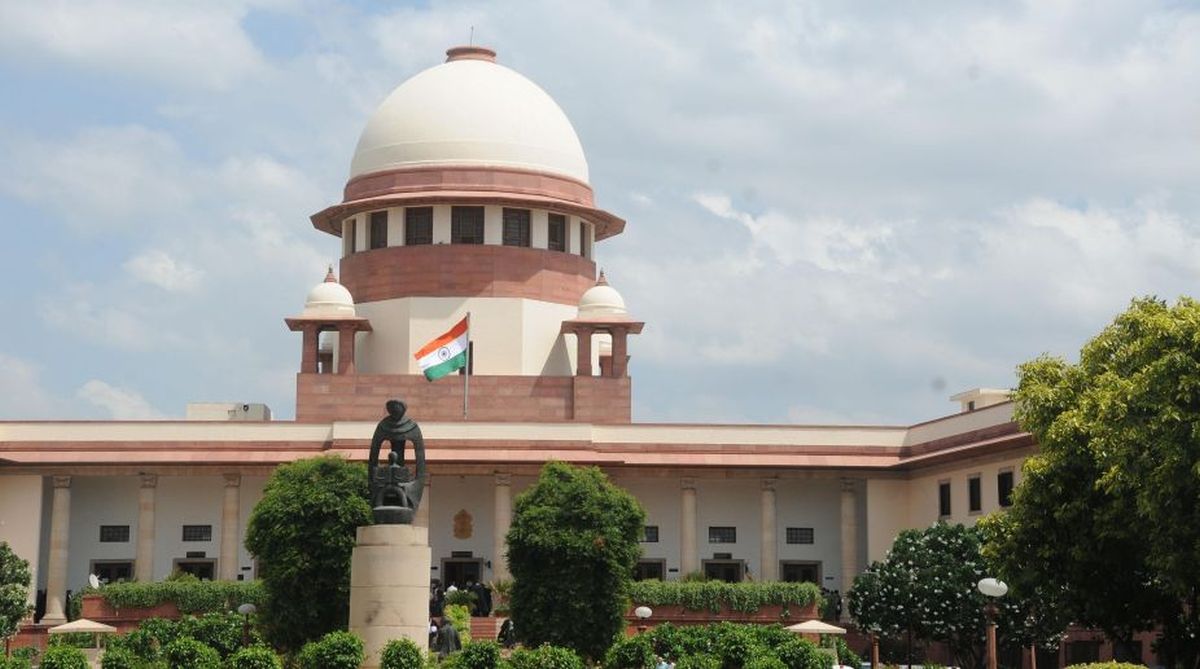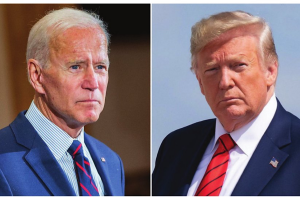The Supreme Court on Monday sought the Centre’s response on a PIL challenging the amendments to the Prevention of Corruption Act mandating prior permission of the government for prosecuting a government servant for alleged graft.
The bench headed by the Chief Justice Ranjan Gogoi also sought response on the plea challenging the deletion of a clause under which misuse and abuse of official position for giving pecuniary or other advantage to anyone is a misconduct.
A provision calling for mandatory prior nod has been introduced by Section 17 A (1) and the one relating to misconduct stands erased with the deletion of Section 13(1)(d)(ii).
The court has given six weeks to the Centre to respond to the plea against the amended provision of the anti-graft law.
The provisions for prior government nod for proceeding against a public servant accused of graft and deletion of the one relating to misconduct were effected in the Prevention of Corruption Act by amending it.
For the provision relating to misconduct, the petitioner NGO, Centre for Public Interest Litigation (CPIL), says it has been used in most prosecutions of public servants under the PC Act where there may not be a charge of directly accepting bribes.
This provision, the petitioner NGO says, was used for prosecuting the officials in coal scam cases where officials had given coal mining leases to companies.
The PIL says the amendment in the Prevention of Corruption Act violates Articles 14 and 21 of the Constitution and has rendered the anti-graft law “almost ineffective by completely diluting the scope of some of the original provisions” and would now “protect corrupt officials and exponentially increase corruption.”
CPIL counsel Prashant Bhushan said this is the “third attempt by the Union of India to introduce a provision which has already been twice held unconstitutional by the top court in its two separate judgements.











